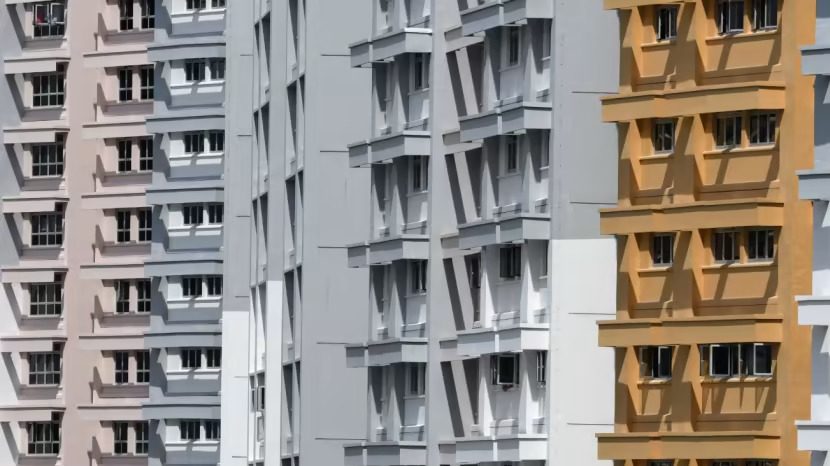SINGAPORE: The resale home market experienced a notable downturn in the fourth quarter of 2023, with transactions hitting a three-year low of 2,586 units. This represents the lowest quarterly sales since the second quarter of 2022.
A broader perspective reveals a concerning trend, as the year witnessed an 18.4% decline in resale volume, dropping from 14,003 units in 2022 to 11,426 units in 2023.
The figures for 2023 have also fallen below the five-year average of resale transactions from 2018 to 2022, which stood at 13,353 units.
This departure from the norm suggests a more profound shift in the real estate market dynamics, raising questions about the factors contributing to this decline.
Despite the slump in transaction volume, resale home prices displayed a contrasting resilience in the final quarter of 2023.
According to OrangeTee, prices experienced an upturn, particularly in the luxury, city fringe, and suburban areas. Data from the Urban Redevelopment Authority (URA) reveals that the average price of resale homes, excluding executive condominiums, grew by 2.7%, reaching $1,674 per square foot (psf) in 4Q23, up from $1,630 psf in the previous quarter.
Breaking down the numbers further, non-landed properties witnessed a robust 3.7% quarter-on-quarter (QoQ) price increase, whereas landed properties experienced a 3.1% dip in resale prices during the same period. Notably, prime districts observed a 2.2% increase, with the average price per square foot rising from $2,081 psf in 3Q23 to $2,127 psf in 4Q23.
In the city fringe, prices grew by 2.3%, climbing from $1,742 psf to $1,782 psf, while suburban areas experienced a 2% increase from $1,423 psf to $1,451 psf. This nuanced price movement across different market segments raises intriguing questions about the underlying factors influencing the resale value in specific regions.
Looking ahead, OrangeTee anticipates a moderate increase in resale home prices for 2024. This forecast is grounded in the expectation of a substantial 48.2% decrease in supply.
The convergence of dwindling inventory and a potential rise in demand could reshape the dynamics of the resale market, prompting stakeholders to closely monitor these developments in the coming months.

